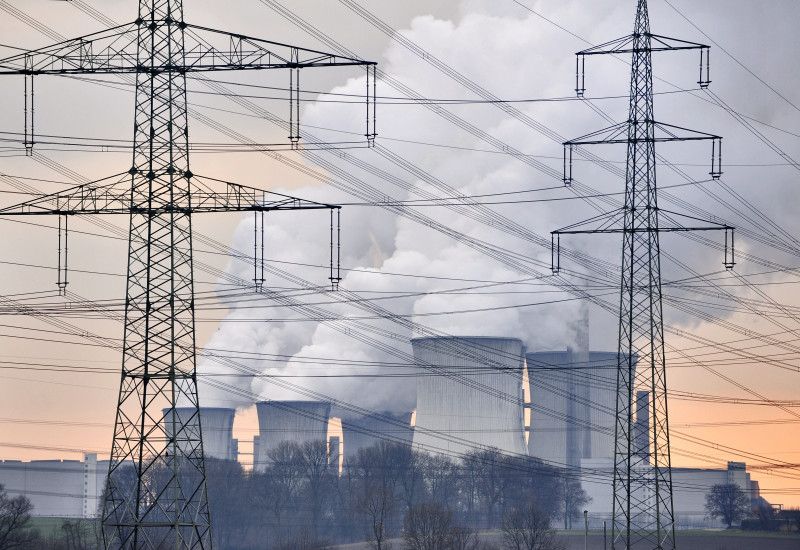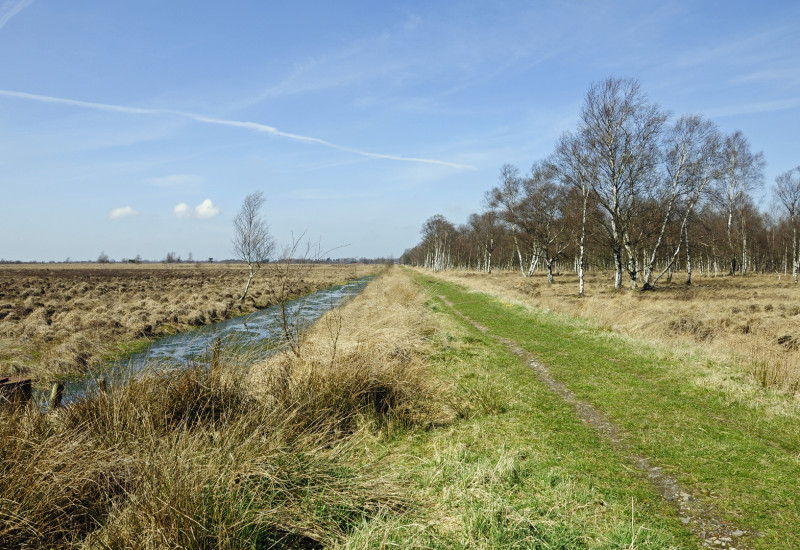Chemicals are a major driver for global warming, biodiversity loss and pollution. Bold political action is urgently needed. The Fifth World Chemicals Conference (ICCM5) 25-29 September 2023 in Bonn/Germany is bound to set up a stronger policy framework for the sound management of chemicals at global level. read more










